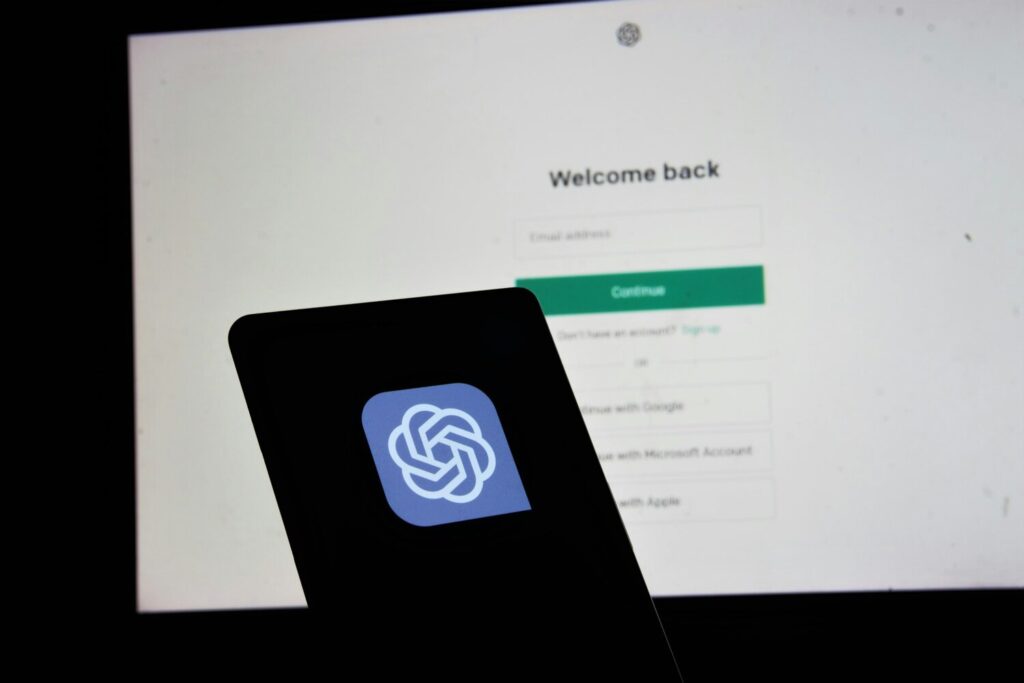
Posted on 3rd August 2023 by Phil Brown
AI recruitment is quickly becoming the go-to solution for businesses looking to streamline their hiring process. But, as with all new technologies, using AI recruitment responsibly and ethically can be a challenge. In this blog post, we’ll provide tips for leveraging AI recruitment strategies while ensuring you are meeting the necessary legal requirements and rules that companies like Google have set out when it comes to AI.
We’ll also provide guidance on AI recruitment marketing and how to use AI to create an effective recruitment strategy that complies with relevant regulations. So, if you want to know how to use AI to recruit without breaking the rules, this blog post is for you!
The benefits and risks of using AI in recruitment
AI has revolutionised the recruitment industry by offering numerous benefits for businesses. One of the main advantages of using AI in recruitment is its ability to streamline the hiring process. AI algorithms can quickly and efficiently sift through large volumes of resumes and identify the most qualified candidates for a particular role. This saves HR teams countless hours of manual screening, allowing them to focus on more strategic tasks.
Furthermore, AI recruitment can also help reduce bias in the hiring process. Traditional recruitment methods are often plagued by unconscious bias, which can result in discrimination and the overlooking of qualified candidates. AI algorithms, on the other hand, make decisions based solely on objective criteria, such as skills, experience, and qualifications. This helps create a more fair and equitable recruitment process.
In addition to these benefits, AI recruitment also offers the advantage of predictive analytics. By analysing data from past hires, AI algorithms can identify patterns and characteristics that are associated with successful employees. This enables businesses to make more informed hiring decisions and increase the likelihood of finding the right candidate for the job.
However, using AI in recruitment also comes with risks and challenges. One major concern is the potential for algorithmic bias. If the training data used to develop the AI algorithm is biased or reflects historical discrimination, the algorithm may inadvertently perpetuate those biases. This can lead to unfair and discriminatory hiring practices, which can damage a company’s reputation and result in legal consequences.
Another risk is the lack of human touch in the recruitment process. While AI algorithms can efficiently identify qualified candidates, they may not be able to assess soft skills, cultural fit, or other intangible qualities that are important for success in a role. Therefore, it’s important for businesses to strike a balance between using AI for efficiency and incorporating human judgment and intuition in the hiring process.
Understanding the legal frameworks for AI Recruitment
Understanding the legal frameworks for AI recruitment is crucial for businesses looking to leverage this technology in their hiring process. As AI becomes more prevalent in the recruitment industry, it’s important to ensure compliance with relevant laws and regulations to avoid legal consequences and reputational damage.
One key legal consideration is data privacy. When using AI in recruitment, businesses collect and process large amounts of personal data from job applicants. This data can include resumes, contact information, educational and employment history, and even sensitive information such as race, gender, and age. Therefore, it’s essential for businesses to comply with data protection laws, such as the General Data Protection Regulation (GDPR) in the European Union or the California Consumer Privacy Act (CCPA) in the United States. This includes obtaining informed consent from applicants, securely storing and transferring data, and providing individuals with the right to access, correct, or delete their personal information.
Another important legal framework to consider is anti-discrimination legislation. AI algorithms must be designed to avoid biased decision-making and comply with equal opportunity laws. This means ensuring that the algorithm does not discriminate against individuals based on protected characteristics such as race, gender, age, disability, or nationality. Businesses should carefully evaluate the training data used to develop the AI algorithm to ensure it is representative and unbiased.
In addition, businesses must also consider intellectual property rights and copyright issues when using AI recruitment software. If using a third-party AI recruitment solution, it’s important to review the licensing terms and ensure compliance with copyright laws.
Unethical and unbiased recruiting with AI
Creating ethical and unbiased AI algorithms for hiring is crucial to ensure a fair and inclusive recruitment process. AI algorithms have the potential to perpetuate biases and discriminatory practices if not carefully developed and monitored. Here are some key considerations and best practices for creating ethical and unbiased AI algorithms for hiring.
Diverse and representative training data
To mitigate algorithmic bias, it’s essential to ensure that the training data used to develop AI algorithms is diverse and representative of the population. This means including data from a wide range of sources and avoiding biased or unrepresentative datasets. Regularly reviewing and updating the training data can help ensure its accuracy and relevance.
Transparent and explainable algorithms
Transparency is key in creating ethical AI algorithms. It’s important to develop algorithms that are explainable and can provide clear justifications for their decisions. This allows candidates to understand why they were or were not selected and helps build trust in the recruitment process.
Continuous monitoring and auditing
Regularly monitoring and auditing AI algorithms is essential to identify and address any biases or unintended consequences. This involves analysing the outcomes of the algorithm’s decisions and comparing them against the desired outcomes. Any biases or discrepancies should be investigated and corrected to ensure a fair and unbiased hiring process.
Involvement of diverse stakeholders
Including a diverse group of stakeholders in the development and implementation of AI algorithms can help identify and address biases. This can include input from HR professionals, data scientists, diversity and inclusion experts, and legal professionals. By involving a range of perspectives, potential biases can be more effectively identified and mitigated.
Regular testing and evaluation
AI algorithms should be regularly tested and evaluated to assess their performance and identify any biases or issues. This can involve conducting simulated hiring scenarios or running the algorithm on historical data to compare the outcomes against human decisions. Any biases or discrepancies should be addressed and the algorithm adjusted accordingly.
Useful AI tools for recruiters
In today’s competitive job market, recruiters are constantly looking for ways to optimize their hiring process and find the best talent. Thankfully, AI technology offers a wide range of tools that can greatly assist recruiters in their efforts. Here are some useful AI tools that recruiters can leverage to streamline their recruitment process and make more informed decisions:
1. Resume screening software
Sorting through a large volume of resumes can be time-consuming and overwhelming. AI-powered resume screening software can help recruiters quickly and accurately filter resumes based on specific criteria. These tools use natural language processing and machine learning algorithms to analyze resumes and identify the most relevant candidates for a given job opening.
2. Chatbots
Chatbots can be a valuable tool for recruiters to automate and streamline the initial candidate screening process. By integrating chatbots into their recruitment platform, recruiters can engage with candidates in real-time, ask pre-screening questions, and collect important information. Chatbots can also provide instant responses to frequently asked questions, improving the candidate experience and saving time for recruiters.
3. Video interview platforms
Conducting in-person interviews can be time-consuming and expensive, especially when candidates are located in different cities or countries. AI-powered video interview platforms allow recruiters to conduct remote interviews and assess candidates’ communication skills, presentation abilities, and overall fit for the role. These platforms often include features like automated video analysis, facial recognition, and sentiment analysis, providing recruiters with valuable insights.
4. Talent analytics software
Data-driven decision-making is becoming increasingly important in recruitment. Talent analytics software uses AI algorithms to analyse data from various sources, including resumes, job applications, and employee performance metrics. By analysing this data, recruiters can gain valuable insights into candidate suitability, predict job performance, and identify trends and patterns in their hiring process.
5. Bias detection and mitigation tools: One of the main concerns with AI in recruitment is the potential for algorithmic bias. Bias detection and mitigation tools can help recruiters identify and eliminate biases in their AI algorithms. These tools use advanced algorithms to analyse training data and flag any potential biases, ensuring a fair and unbiased hiring process.
Best Practices for Implementing AI in Recruitment Processes
Implementing AI in recruitment processes requires careful planning and consideration. Here are some best practices to ensure a successful integration of AI in your hiring process:
Define clear goals and objectives
Before implementing AI, clearly define what you hope to achieve with this technology. Identify specific areas of the recruitment process that can benefit from AI, such as resume screening or candidate matching. Having clear goals will help you determine the most effective use of AI and measure its success.
Choose the right AI recruitment software
Selecting the right AI recruitment software is crucial for success. Research different vendors, compare features, and read customer reviews to find a solution that aligns with your needs and values. Consider factors such as ease of use, integration capabilities, and the ability to customise the software to fit your specific recruitment process.
Train the AI algorithm effectively
AI algorithms need to be trained on accurate and reliable data to produce meaningful results. Ensure that the training data used is representative and diverse to avoid biases. Regularly review and update the data to keep the algorithm up-to-date and effective.
Implement a feedback loop
Continuous improvement is essential for the success of AI in recruitment. Establish a feedback loop to collect feedback from candidates, hiring managers, and HR teams. This feedback will help identify areas for improvement, address any biases, and make necessary adjustments to the AI algorithm.
Communicate with candidates
Transparency is key when using AI in the recruitment process. Clearly communicate to candidates that AI technology is being used and explain how it works. Be open to answering any questions or concerns they may have about the use of AI. This will help build trust and ensure a positive candidate experience.
Monitor and evaluate performance
Regularly monitor and evaluate the performance of your AI recruitment system. Analyse key metrics, such as time-to-hire and quality of hires, to assess the effectiveness of AI in achieving your recruitment goals. Adjust the system as needed based on the insights gathered from the evaluation.
Training HR Teams on How to Use AI Responsibly in Hiring
Training HR teams on how to use AI responsibly in hiring is essential to ensure the effective and ethical implementation of AI recruitment strategies. While AI algorithms can streamline the hiring process and improve efficiency, it is crucial for HR professionals to understand how to use AI technology responsibly and mitigate potential risks.
Firstly, HR teams should receive comprehensive training on the capabilities and limitations of AI in recruitment. They should understand how AI algorithms work, the data they rely on, and the potential biases that may arise. This training should also cover the legal and ethical considerations associated with AI recruitment, including data privacy, anti-discrimination laws, and intellectual property rights. By providing HR teams with this knowledge, businesses can ensure that AI is used in a responsible and compliant manner.
Furthermore, HR teams should be trained on how to effectively assess and evaluate AI-generated results. While AI algorithms can quickly sift through resumes and identify qualified candidates, it is still important for HR professionals to review and verify the algorithm’s recommendations. This involves assessing soft skills, cultural fit, and other intangible qualities that may not be captured by AI algorithms alone. By incorporating human judgment and intuition in the hiring process, HR teams can ensure a more holistic and fair evaluation of candidates.
Additionally, HR teams should be trained on how to communicate with candidates about the use of AI in the recruitment process. Candidates may have concerns or questions about how their data is being used or how AI algorithms make decisions. HR professionals should be prepared to address these concerns and provide transparent explanations to build trust and ensure a positive candidate experience.
Measuring the Success and Effectiveness of AI Recruitment Strategies
Measuring the success and effectiveness of AI recruitment strategies is essential to understand the impact of AI on your hiring process and make informed decisions for future recruitment efforts. Here are some key metrics and methods for measuring the success of AI recruitment strategies:
Time-to-Hire
One of the main benefits of using AI in recruitment is the ability to streamline the hiring process. Measuring the time it takes from posting a job to making a final hiring decision can help assess the efficiency of your AI recruitment strategy. Compare the time-to-hire before and after implementing AI to determine if AI has helped speed up the process.
Quality of Hires
Assessing the quality of hires is crucial to understanding the effectiveness of AI in identifying qualified candidates. Compare the performance and retention rates of candidates selected through AI algorithms to those selected through traditional methods. This will help determine if AI is successfully identifying candidates who are a good fit for the job and the company culture.
Diversity and Inclusion
AI recruitment algorithms can help reduce bias in the hiring process. Measure the diversity of candidates selected through AI algorithms compared to traditional methods. Evaluate if AI is promoting diversity and inclusion by ensuring representation of candidates from different backgrounds.
Cost Savings
Calculate the cost savings associated with using AI in the recruitment process. Consider the reduction in HR personnel hours spent on manual screening and the potential decrease in recruitment agency fees. Compare the costs before and after implementing AI to determine if it has resulted in significant cost savings.
Candidate Experience
Solicit feedback from candidates about their experience with the AI recruitment process. Evaluate if candidates find the process fair, transparent, and user-friendly. Assess if the use of AI enhances or detracts from the overall candidate experience.
Feedback from Hiring Managers
Gather feedback from hiring managers about the effectiveness of AI in identifying qualified candidates. Assess if AI recommendations align with their expectations and if it has helped them make better hiring decisions.
Conclusion
Leveraging AI recruitment strategies can bring significant benefits to businesses by streamlining the hiring process, reducing bias, and improving decision-making. However, it is essential to approach AI recruitment responsibly and ethically to ensure compliance with legal requirements and mitigate risks.
To use AI in recruitment effectively and responsibly, businesses should consider the legal frameworks surrounding data privacy, anti-discrimination legislation, and intellectual property rights. They should also prioritise creating ethical and unbiased AI algorithms by using diverse and representative training data, ensuring transparency and explainability in algorithms, continuously monitoring and auditing performance, involving diverse stakeholders, and regularly testing and evaluating algorithms.
Implementing AI in recruitment processes requires defining clear goals, choosing the right AI recruitment software, training the AI algorithm effectively, implementing a feedback loop, communicating with candidates, and monitoring and evaluating performance.
Lastly, HR teams should receive training on using AI responsibly, including understanding its capabilities and limitations, assessing AI-generated results, and effectively communicating with candidates.
By following these tips and best practices, businesses can harness the power of AI in recruitment while maintaining fairness, compliance, and positive candidate experiences.
If you’d like to see how you could implement AI into your recruitment just drop us a line below.



